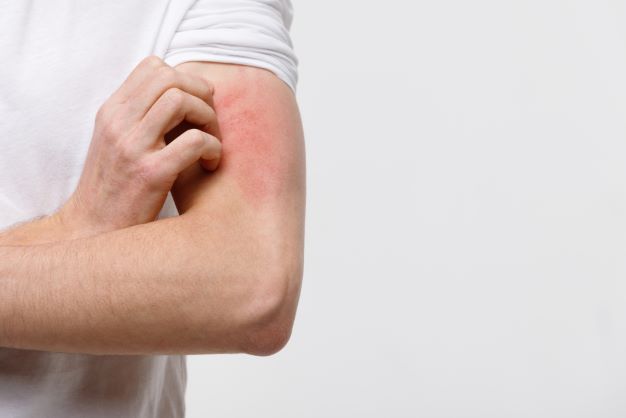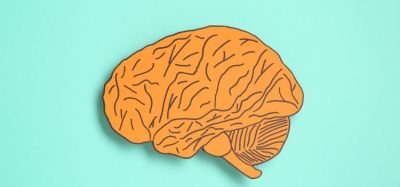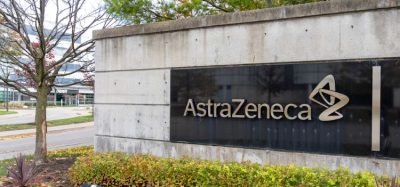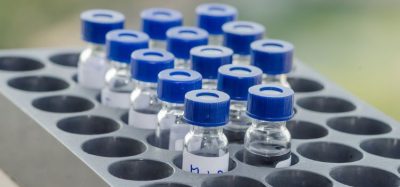Could oral difelikefalin be first FDA-approved drug for notalgia paresthetica?
Posted: 9 February 2023 | Catherine Eckford (European Pharmaceutical Review) | No comments yet
A study by Icahn School of Medicine at Mount Sinai researchers showed oral difelikefalin could potentially relieve itching associated with notalgia paresthetica.


Oral difelikefalin could potentially relieve the moderate-to-severe itching associated with notalgia paresthetica, according to a study published in the New England Journal of Medicine.
Notalgia paresthetica is a nerve disorder characterised by a persistent itch in the upper back. To date, there are no US Food and Drug Administration (FDA)-approved treatments specifically targeting this disorder.
Results of the study for notalgia paresthetica
“In this Phase II trial, difelikefalin resulted in a reduction in the intensity of itch in patients with notalgia paresthetica,” noted Dr Brian S Kim, MTR, FAAD, the Sol and Clara Kest Professor of Dermatology, Vice Chair of Research, and Director of the Mark Lebwohl Center for Neuroinflammation and Sensation at Icahn Mount Sinai.
If progress continues in a Phase III clinical trial, this medication would be the first FDA-approved drug specifically for people with notalgia paresthetica.
The double-blind, placebo-controlled trial was led by investigators at the Icahn School of Medicine at Mount Sinai.
The 126 patients were randomly assigned in a 1:1 ratio, with 62 receiving oral difelikefalin 2mg and 63 given placebo twice daily for eight weeks.
The primary outcome was the change over eight weeks in the weekly mean of the daily Worst Itch Numeric Rating Scale, in which 0 is ‘no itch’ and 10 is ‘worst itch imaginable.’ The baseline mean score on the Worst Itch Numeric Rating Scale was 7.6 (severe itch) in each group. The reduction from baseline in the worst itch score at week eight was 4.0 points in patients receiving difelikefalin versus 2.4 points for patients receiving placebo.
Side effects seen in the trial included headache, dizziness, constipation, and increased urine output occurred with difelikefalin.
Larger clinical trials are needed to better assess the efficacy and safety of difelikefalin in notalgia paresthetica.
“The encouraging results achieved in this trial could reenergise the field and mark an important step toward improving symptoms of itch for patients with notalgia paresthetica,” explained Dr Kim.
Related topics
Biopharmaceuticals, Clinical Development, Clinical Trials, Dosage, Formulation, Research & Development (R&D), Therapeutics









